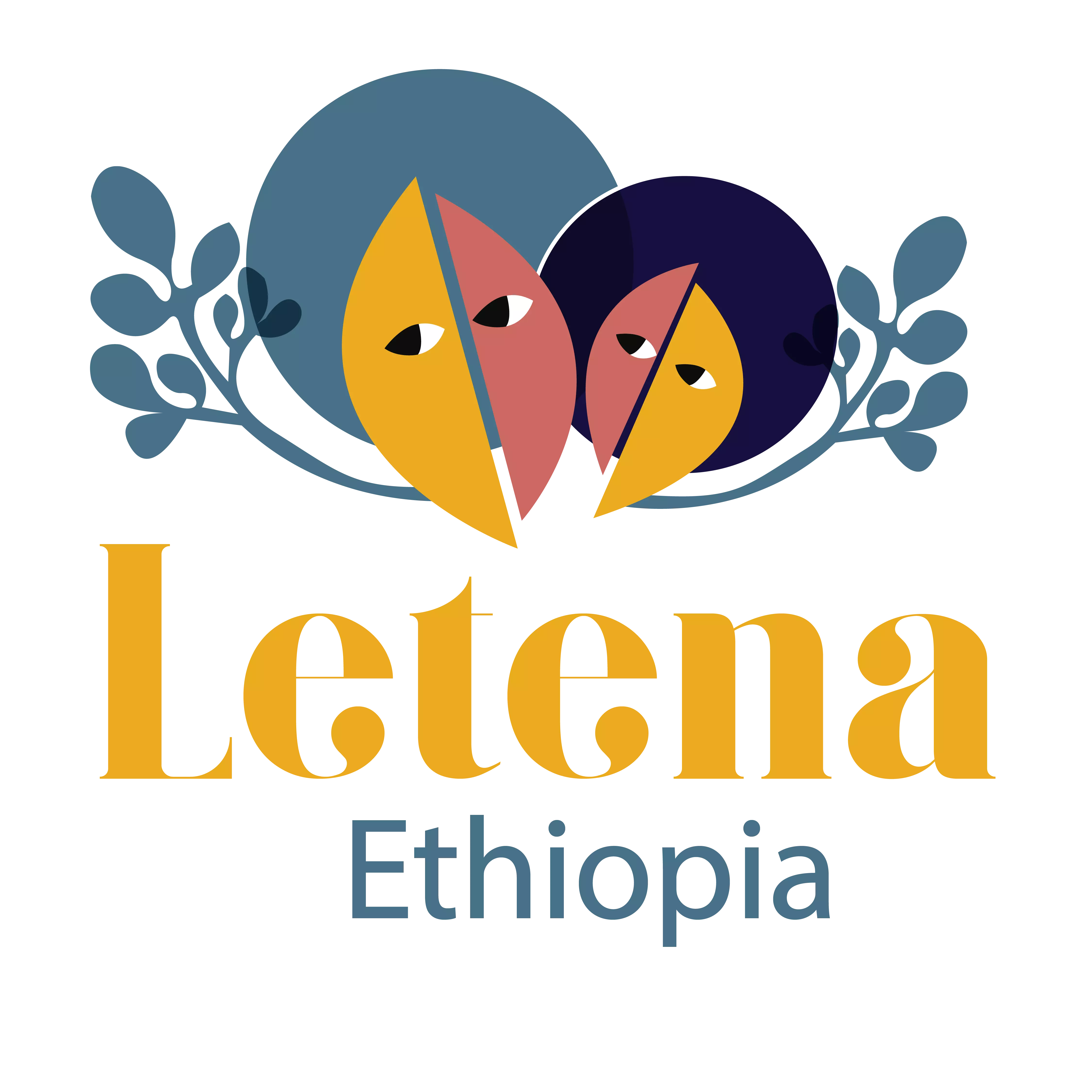In today’s rapidly evolving world, knowledge is power. For young people, understanding sexual health is not merely empowering, it is protective. Yet in Ethiopia, as in many other countries, sexual health education remains a sensitive and often avoided topic within schools. This silence carries significant consequences. Without structured education and open discussion, young people are left vulnerable to misinformation, early pregnancy, and preventable diseases.
Sexual health education encompasses far more than the biological aspects of reproduction. It equips young people with accurate information, instills healthy values, and develops essential life skills that enable them to make informed, responsible decisions. Evidence demonstrates that comprehensive sexual education helps reduce risky behaviors, delays early sexual activity, and promotes mutual respect and consent. In a nation where over 70% of the population is under the age of 30, this education is not a luxury, it is a necessity. Ethiopia continues to face challenges such as teenage pregnancies, gender-based violence, and rising HIV infections among youth. Providing students with reliable knowledge is therefore critical to addressing these issues effectively.
Cultural norms in Ethiopia often render discussions about sex taboo. Many parents and educators may feel uncomfortable addressing these topics, fearing that open dialogue might encourage sexual activity. However, extensive research contradicts this concern, showing that comprehensive sexual education does not accelerate sexual initiation. Instead, it fosters awareness, confidence, and respect for one’s own body and the boundaries of others.
Schools play a pivotal role in this process. Beyond academic instruction, they serve as environments where young people shape their identities and worldviews. By integrating sexual and reproductive health education into school curricula, educators can bridge the gap between cultural expectations and the realities that young people face. Key areas of focus should include puberty and bodily changes, consent and personal boundaries, prevention of sexually transmitted infections (STIs), menstrual health and hygiene, gender equality, and mental and emotional well-being.
At Letena Ethiopia, we recognize that education is the cornerstone of empowerment. By promoting honest, inclusive conversations about sexual health and supporting schools, parents, and communities, we can break cycles of misinformation and fear. In doing so, we cultivate a generation that is not only informed but also compassionate, responsible, and equipped to navigate the challenges of adulthood with confidence.
Writer: Hermon Israel
